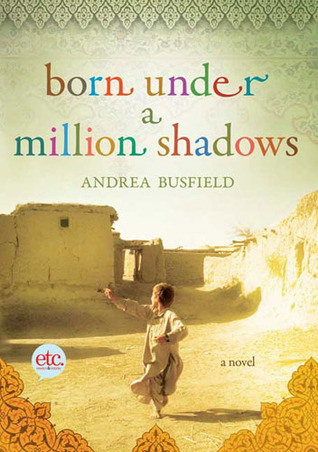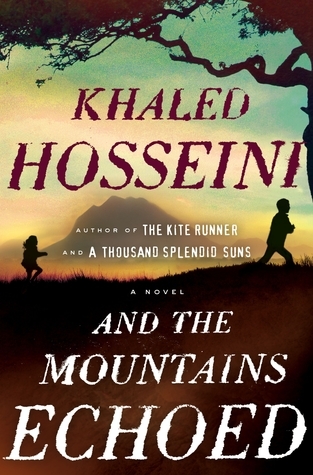
The Kite Runner
Book Description
In a world torn apart by war and betrayal, two childhood friends are bound by a promise that could change everything. As vibrant kites dance in the Afghan sky, a haunting secret shatters their lives, leading them down a path of redemption and sacrifice. With every twist, the heartache deepens, revealing the complexities of love and loyalty amidst the shadows of the past. As the haunting echoes of Afghan history loom large, can one man's journey to seek forgiveness heal the scars that haunt him? Prepare for a gripping tale of friendship, loss, and the relentless pursuit of redemption. What price will you pay to reclaim your honor?
Quick Book Summary
"The Kite Runner" by Khaled Hosseini is a powerful coming-of-age story set against the shifting backdrop of Afghanistan’s tumultuous recent history. The novel follows Amir, a privileged boy from Kabul, and his loyal friend Hassan, the son of Amir’s father’s servant, whose lives become entangled in a tragic incident that shapes their destinies. Driven by guilt and shame, Amir ultimately betrays Hassan, a moment that leads to years of silence and regret. As Afghanistan falls to war and Amir emigrates to America, he cannot escape his past. An unexpected call draws him back to his homeland, giving him a chance for redemption. Through themes of friendship, betrayal, guilt, forgiveness, and the search for redemption, "The Kite Runner" explores the enduring power of the past and the potential for healing, even after great pain.
Summary of Key Ideas
Table of Contents
Friendship and Betrayal
Amir and Hassan grow up together in Kabul, Afghanistan, surrounded by privilege and poverty. Despite social divisions—Amir is Pashtun and Hassan is Hazara—they share a deep bond forged in childhood, especially through the joyous pastime of kite flying. Their friendship is tested after a violent act befalls Hassan, for which Amir feels responsible but remains silent out of shame and fear. This pivotal event becomes the novel’s emotional core, driving Amir’s subsequent struggles with guilt and his efforts to distance himself from Hassan, ultimately leading to betrayal and separation.
Guilt and Redemption
As Afghanistan descends into upheaval with the Soviet invasion, Amir and his father Baba flee the country, resettling in the United States. The immigrant experience significantly transforms both characters, with Baba’s pride suffering and Amir striving to adapt to a new environment. Despite building a new life—completing his education, marrying, and dealing with the loss of Baba—Amir remains haunted by his past actions, which cannot be erased by physical distance or the passage of time.
Father-Son Relationships
Years later, an unexpected phone call from Baba’s old friend Rahim Khan summons Amir back to a war-torn Afghanistan now under Taliban rule. Rahim reveals long-hidden family secrets, including that Hassan was Amir’s half-brother, and that Hassan has been killed defending Amir’s childhood home. Rahim entrusts Amir with a final act of redemption: to rescue Hassan’s orphaned son, Sohrab, from a life of suffering.
The Impact of War and Exile
Amir’s journey back to Afghanistan is fraught with danger and self-discovery. Confronting the brutal realities of the Taliban regime, he must also face the consequences of his past decisions. In rescuing Sohrab, Amir is forced to physically and emotionally confront his greatest fears, culminating in a violent encounter that nearly claims his life. This act of courage and sacrifice becomes a turning point, offering Amir a chance to finally atone for his childhood betrayal.
Personal and Historical Reconciliation
The novel closes with Amir and Sohrab returning to America, both scarred yet beginning to heal. Through small acts of kindness and the symbolic act of flying a kite, Amir starts to redeem himself and offer Sohrab hope for the future. "The Kite Runner" ultimately portrays the intertwining of personal and historical wounds, showing that while the past cannot be undone, forgiveness and love have the power to forge new paths toward healing and reconciliation.
Download This Summary
Get a free PDF of this summary instantly — no email required.





